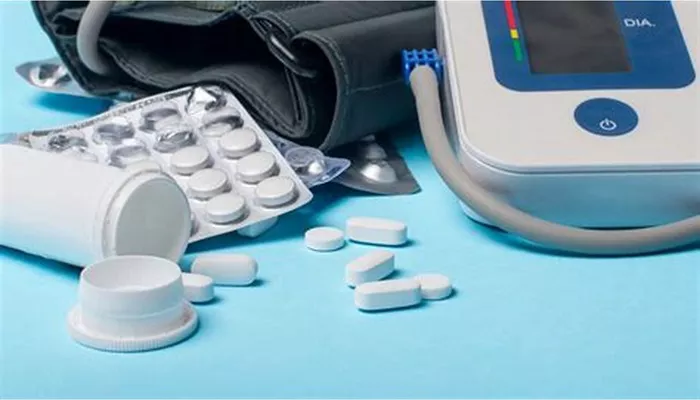The National Institutes of Health (NIH) has awarded a four-year grant of $2.6 million to researchers at Case Western Reserve University. This funding will support a study examining the impact of high blood-pressure medications on patients with chronic kidney disease (CKD).
The research aims to determine if these medications increase the risk of kidney and cardiovascular diseases in CKD patients.
According to the U.S. Centers for Disease Control and Prevention (CDC), more than one in seven Americans are affected by CKD. This condition involves a gradual decline in the kidneys’ ability to filter blood effectively, leading to chronic inflammation and complications such as heart disease and kidney failure.
Blood pressure-lowering drugs are commonly prescribed to CKD patients, as they may reduce inflammation and improve blood vessel health, potentially safeguarding the heart and kidneys. However, it remains uncertain whether certain blood pressure medications are more effective than others in preventing heart disease in these patients.
Ming Wang, the lead investigator and associate professor of biostatistics at the Case Western Reserve School of Medicine, will analyze data from two major studies: the Chronic Renal Insufficiency Cohort and the Systolic Blood Pressure Intervention Trial.
Wang, along with co-principal investigator Mahboob Rahman, a professor of medicine and division chief of nephrology and hypertension at University Hospitals Cleveland Medical Center, will employ a novel statistical technique known as “dynamic propensity trajectory matching.” This method will help them assess the effects of high blood pressure treatments on CKD patients.
Related topics:


